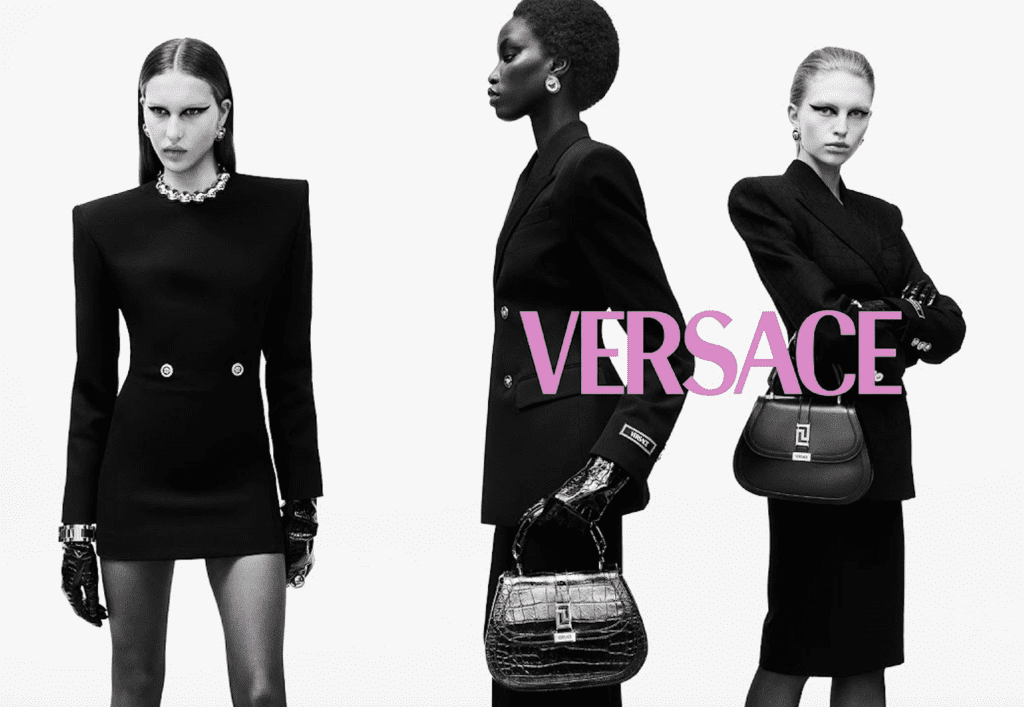“The COVID-19 pandemic took a heavy toll on our operations in the first quarter,” Kering asserts in its Q1 report, stating that Gucci was hit particularly hard in light of decreased consumer spending and widespread store closures across the globe. Despite “an exceptionally good start to the year in January, before the epidemic began to spread,” Kering – the Paris-based conglomerate that owns Gucci, Balenciaga, Bottega Veneta, Saint Laurent, and Alexander McQueen, among other luxury brands – reported revenue of $3.476 billion for the first 3 months of 2020, less than 16.4 percent of what it made in the same quarter last year.
According to Kering’s report, which was released on Tuesday, sales at Gucci suffered from “a deep COVID-19 impact,” with the group’s marquee house generating revenue of $1.96 billion in the first quarter of 2020, compared to the $2.52 billion that it brought in during the same three month period in 2019. That 23.2 percent drop in comparable sales (and 22.4 percent overall) comes after the Italian fashion brand had what Kering calls “an excellent start to the year, with double-digit growth in North America in the first two months of the year and another sparkling performance in Western Europe.”
Such momentum was “hit hard from February onwards due to [Gucci’s] strong positions in Asia-Pacific and among Chinese tourists worldwide.” More recently, it says that “trends in Mainland China are gradually improving since stores began reopening in early March.” Bernstein analyst Luca Solca states that “given the heavy skew of customers and sales towards Asia-Pacific (particularly in the case of Gucci), the disappointing results could be reversed for the beginning of [the second quarter of the year], with Gucci actively positioned to take advantage of the recovering market.”
Meanwhile, the much smaller Bottega Veneta, which has been closely-watched by the industry due to its revamp under the relatively newly-appointed creative director and CEO team of Daniel Lee and Bartolomeo Rongone, rather remarkably saw its revenue increase “8.5 percent on a comparable basis” and 10.3 percent overall to $297.11 million for the first 3 months of the year. According to Kering, Bottega Veneta’s “retail sales in directly operated stores remained broadly unchanged (down 0.9%) despite the exceptionally unfavorable market context.”
Pointing specifically to Bottega Veneta’s wholesale business, in particular, Kering revealed that it “was up a strong 55.1%, benefiting from a very high order book for Spring-Summer 2020 collections against favorable bases of comparison and despite reduced delivery capacity at the end of the period.” (In a landscape where no small number of brands are actively attempting to cut down on their wholesale business in favor of retail in their own stores, the emphasis on wholesale by Kering here is striking).
In a call with investors on Tuesday, Kering CFO Jean-Marc Duplex stated that the group is “confident” in its ability to rebound swiftly, particularly when it comes to its largest brand, Gucci, which saw revenue rising again this month in China. As for the issue of inventory, which is plaguing brands and retailers across the board given sweeping drops in consumer spending on luxury goods and due to widespread store closures, Kering will enact “some discount activities” to improve sell- through for its inventory, in addition to extending the shelf-life for its house’s Spring/Summer 2020 garments and accessories.











